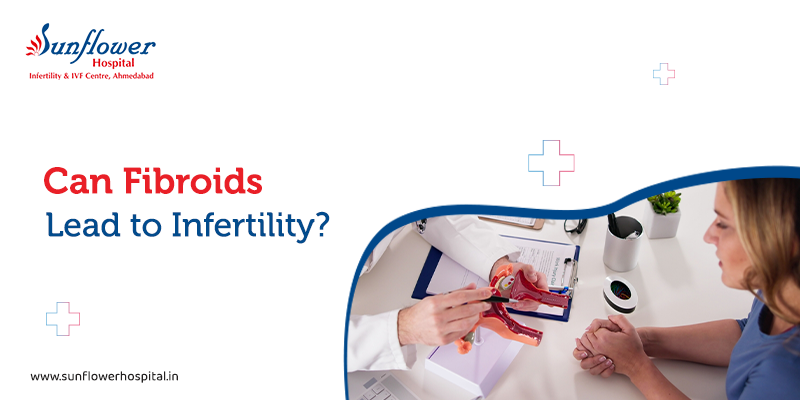The health awareness calendar marks July as the month of Fibroid awareness. Fibroids refer to abnormal growth in the uterus. Doctors believe this condition can affect fertility in women. Thus, understanding Fibroids and their effects becomes crucial for women and couples planning to conceive. As the best IVF hospital in India, we must create awareness of such conditions. Thus, this blog.
Fibroids: What are They?
Fibroids, leiomyomas, or uterine fibroids are benign (non-cancerous) uterine growths. The abnormal occurrence is composed of fibrous connective tissue and muscle tissue. They can appear in several locations and different sizes. The most common fibroid types are:
Subserosal Fibroids
They occur on the serosa, which is outside the uterus wall. Subserosal fibroids can make the uterus look larger on one side.
Intramural Fibroids
They grow inside the uterus' muscular wall. Intramural fibroids can grow bigger, stretching the uterus.
Submucosal Fibroids
Submucosal fibroids are rare and develop in the middle muscle layer of the uterus, also known as myometrium.
Pedunculated Fibroids
Subserosal fibroids that develop a stem or stalk (a thin base supporting tumor) are known as pedunculated fibroids.
Cervical Fibroids
As the name suggests, cervical fibroids appear on the cervix but are rare.
Uterine Fibroids: What are the Symptoms?
Uterine fibroid symptoms depend on the location and size of the tumor. Women who suffer from the condition might not experience any signs or symptoms. However, general symptoms can include:
- Menstrual clots
- Heavy menstrual bleeding during or between the cycle
- Pain in the lower back or pelvis
- Frequent urination
- Pain during intercourse
- Difficulty conceiving or infertility
- Feeling of fullness in the lower abdomen
- Long & Irregular menstruation cycle
- Constipation
Uterine Fibroids: How are they Diagnosed?
Healthcare providers use several methods to diagnose fibroids. Some of the most common are:
- Ultrasound
- Pelvic examination
- Hysteroscopy
- MRI
How is Fibroid Related to Infertility?
A lot of women struggle with fibroids, but not everyone has infertility. Many factors determine the relationship between fibroids and infertility. However, some of the biggest concerns are:
Disturbed Blood Flow
Fibroids can disturb the normal blood flow, affecting endometrium development. This increases the chances of recurrent miscarriage.
Distorted Uterus
Large fibroids can affect the uterus shape, increasing difficulty in the implantation of the fertilized egg.
Embryo Implantation Interference
Fibroids can lead to swelling in the uterus, ultimately affecting the embryo's ability to implant.
Fallopian Tube Blockage
The non-cancerous growth around the opening of fallopian tubes leads to blockage. This can stop the sperm from reaching the egg.
Pregnancy Complications
In some cases where fibroids do not cause infertility, it can lead to pregnancy complications like premature labor and placental issues.
Conclusion
Even though fibroids are a common cause of infertility, not every woman with fibroids will experience fertility issues. However, it is essential to understand the relationship between the two. If you wish to know more or are experiencing some fertility issues, schedule an appointment with our infertility specialist in India.


Leave a Comment